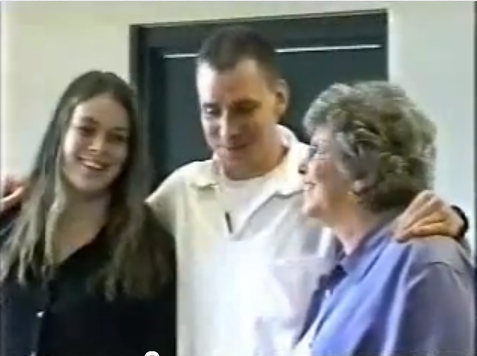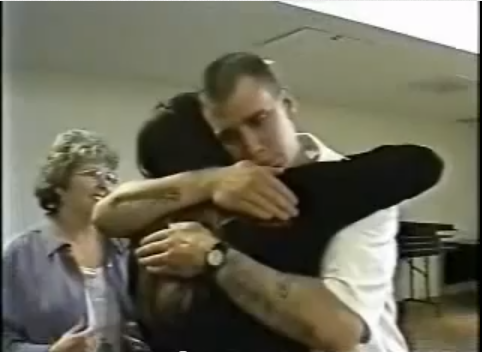My candidate is interdependence.
The Beatles, in tune with the later 1960s as a whole, sang that all we need is love, but what “love” are we talking about? Clearly not that espoused by, say, the Westboro Baptist Church, or other fundamentalist groups. The trouble is that it’s been a highly amorphous word for a long, long time. We could say we mean something like “selfless, unconditional, universal compassion,” but most of the time in our culture the word is tied to the realm of romantic relationship, which itself tends to manifest in a definitely un-radical, however desirable, direction (cf. D.H. Lawrence calling the cult of the Couple “égoïsme à deux”). In any case, it’s simply not going to wash calling the subject of one of the silliest major holidays of the year – ie Valentine’s Day – the “most radical word!” We must try again.
Others might opt for justice, but I think we’re moving even further away here. For one thing, the concept is still so steeped in a retributive mindset, and the notion of punishment seems precisely one of the most literally reactionary impulses we have. Even were we able to move more fully in the direction of a restorative approach, I believe by that stage the word “justice” itself would probably have dropped off. In fact, this is already occurring within the field, which has been evolving into the more expansive notion of “restorative practices” – see here, here, and here for further information on one of the most enlightened developments going on today. (And take a look at this wonderful interview with the founder of Nonviolent Communication, Marshall Rosenberg, which fully complements these approaches.)
Still others might say freedom is the most radical word. I have a little more sympathy with this choice, because it is said of the fully realized state that it’s one of complete freedom: no sense of compulsion, no anxiety, no personal concerns, no agonizing over decisions, no regret or fear. But again, in our culture the dominant meanings of “freedom” are nowhere near so radical, tending to be confined to the political realm. And here we see the same lack of clarity and degree of contestation too: both “left” and “right” employ the word often and centrally, but in some exceptionally divergent ways.
Shifting gears, I can imagine that some of those who are religiously identified might claim God for the most radical word. Or perhaps a buddhist might nominate the dharma, meaning roughly “the way it all is/the nature of reality itself.” A taoist might prefer the tao, meaning the same thing although emphasizing the notion and practice of “nature’s way” specifically. But it doesn’t take more than a moment of gazing at our world to realize that the word “God” in its various translations has also helped bring about an awful lot of disharmony and violence. The God of Pat Robertson or of his counterparts in the Jewish and Muslim worlds bears almost no resemblance to the God of Rumi or Hafiz, say, or Thomas Merton, or Rabbi Zalman Schachter-Shalomi.
 Photo credit: “Reb Zalman greeting the Dalai Lama at the Naropa Institute” (Foto di Vita, 1997) – from The Yesod Foundation’s Reb Zalman Legacy Project
Photo credit: “Reb Zalman greeting the Dalai Lama at the Naropa Institute” (Foto di Vita, 1997) – from The Yesod Foundation’s Reb Zalman Legacy Project
Interdependence has a number of things in its favor as a nominee for “most radical word.” For one, it is both a “wisdom” word (pointing to the nature of reality) and a “practice” word (directly indicating how we might actually see and live our lives). It’s also an inherently non-sectarian word, one which anyone can use. Most especially – as would befit a truly radical word – as we delve more and more deeply into it, it affects our relationship with everything. With:
our bodies and understanding of health
our minds, each other, animals, and the natural world
business and the economy
technology
all the institutions we create
the building of community
the communal/political process
situations of conflict and harm
other cultures
climate change and other urgent global challenges



